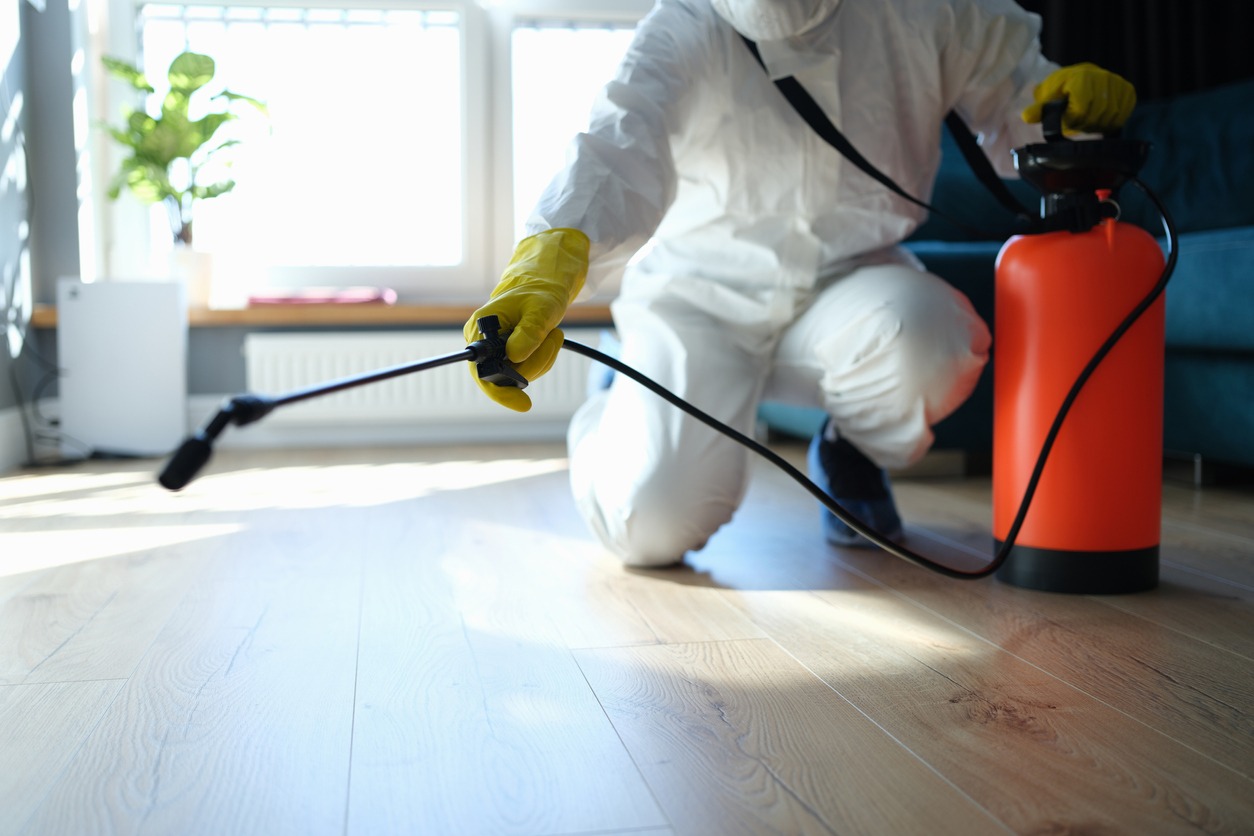Pest control is a little complicated. Every pest is unique and has its own extermination process. With all the products and information available online, it can be hard to know what works best. There is so much to learn but there is little time for experimentation.
If you want to take care of an infestation yourself, check out the following dos and don’ts. If you need help, contact Pest Control Orangeville or another professional near you.
Do: Take preventative measures
Pest control is an important, yet often overlooked part of home ownership. Taking preventative measures can save you hundreds or even thousands of dollars in pest control fees and repairs. Keep the house clean, keep food out of reach, and exclude your home to help prevent an infestation. Research common household pests and how you can avoid them.
Don’t: Wait around
Pests won’t go away on their own. The problem will only get worse with time. Pests like cockroaches, rats, and mice breed very quickly. What may seem like a small problem now may turn into a huge problem you can’t take care of yourself. Begin the treatment process as soon as you start noticing the signs of an infestation. The sooner you solve the problem, the easier it will be to deal with and the lesser the damage will be.
Do: Research what you’re dealing with
Every pest has its own set of characteristics and behaviours. Look up the signs of the infestation in your home and figure out which pest you are dealing with before you begin treatment. Taking the wrong approach may worsen the problem. Identify the species and find out which treatments work best. You can find lots of information on exterminator websites and online encyclopedias.
Don’t: Mix pest control products
Pest control products should be used with caution. Follow their instructions very carefully and use one thing at a time. Mixing pest control products can be dangerous to your health and do more harm than good. You also risk interfering with the product’s method of extermination.
Do: Seal points of entry
Getting rid of entry points is an important step in the extermination process because it traps the pests inside the home and prevents any more from getting inside. Seal every gap you find between your cabinets, along the baseboards, and surrounding the pipes in the wall. Put weatherstripping on the bottoms of your doors and make sure your window screens are secure. Outside, seal the cracks in your foundation and stuff the holes surrounding your cable lines. Cover wall vents with mesh.
Don’t: Leave Food Out
Pests feed on the grease, crumbs, and bits of food you have lying around the house. Keep the house as clean as you can to starve the pests and force them to eat bait. Deep clean, then put all your food in sealed containers. Don’t leave any dirty dishes out. Keep every surface clean and take the garbage out every night.
Do: Talk to your neighbors
Pests are mobile creatures that spread from one place to the next. If you are struggling with a rodent problem, don’t be afraid to talk to your neighbours about it. It’s likely they’re having the same problems you are. Rats dig tunnels in the ground that often stretch across entire neighborhoods. Bugs are also common in multi-residential buildings. Getting all your neighbours on board will quicken the extermination process.
Don’t: Get in harm’s way
Most pests carry diseases, so it’s best that you don’t get too close. Wear gloves when handling traps and disinfect them thoroughly when you have caught a rat or a mouse. Disinfect animal feces before removing them, and wear protective masks, gloves, and goggles, when you do. Vacuum dead cockroaches and throw them out immediately. Always make safety your number one priority.
Do: Call a professional as soon as you need help
Getting rid of pests can be quite the challenge. If you feel like the problem is getting out of hand, get the help of a pest control professional. It’s not free, but it will save you a lot of trouble. A professional can tell you where the problem is coming from and get rid of the pests quickly. Professionals use products that are highly effective, and they have the training to use them with upmost efficiency. Check out your local exterminator’s services and see if they offer warranties.
Don’t: Use Indoor Products Outside and Vice Versa
The snap traps you use for rodents should only be used indoors because they risk harming the other animals in your neighbourhood, like chipmunks, birds, and housecats. Likewise, you should only use rat poison outside, so long as it is in its proper container. Using rodenticide indoors will result in there being dead rats between the walls, which will smell terrible and be nearly impossible to remove.
Do: Dispose of pest control products properly
Pest control products contain hazardous chemicals that should be disposed of properly. Check your municipality’s waste disposal policies before throwing anything out. When it comes to snap traps and dead pests, disinfect everything before you bag them up and throw them out.

